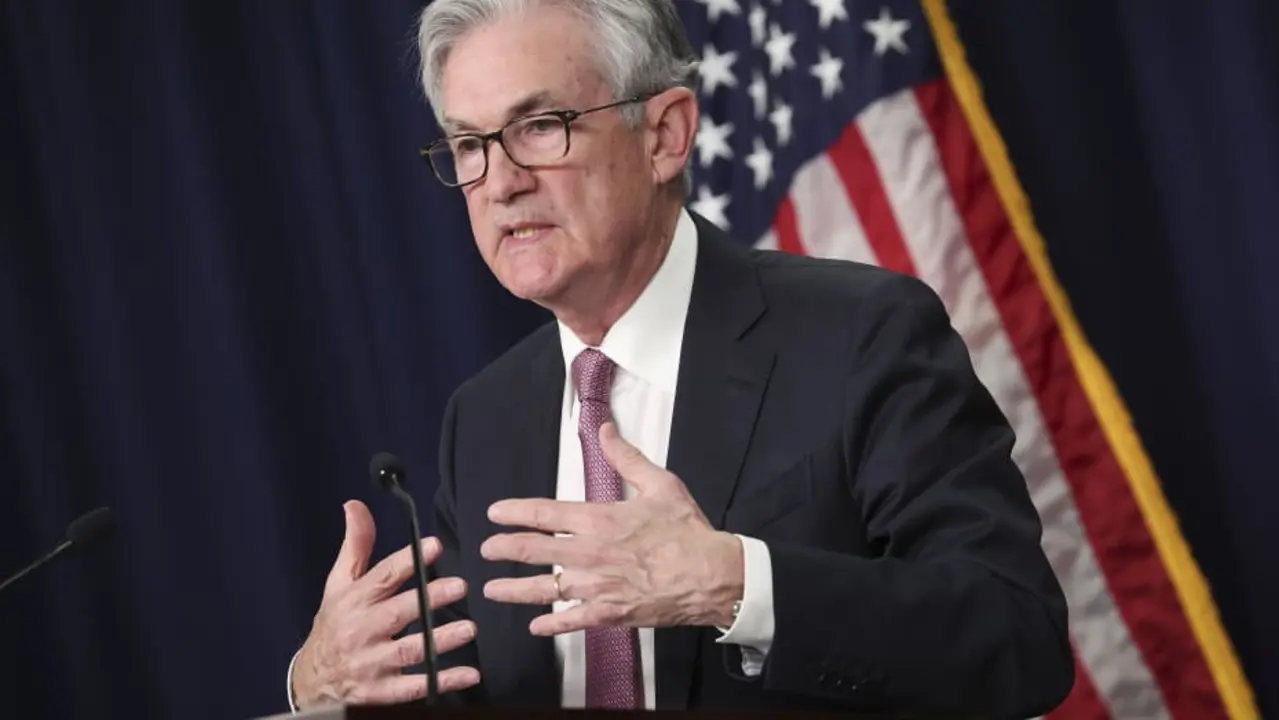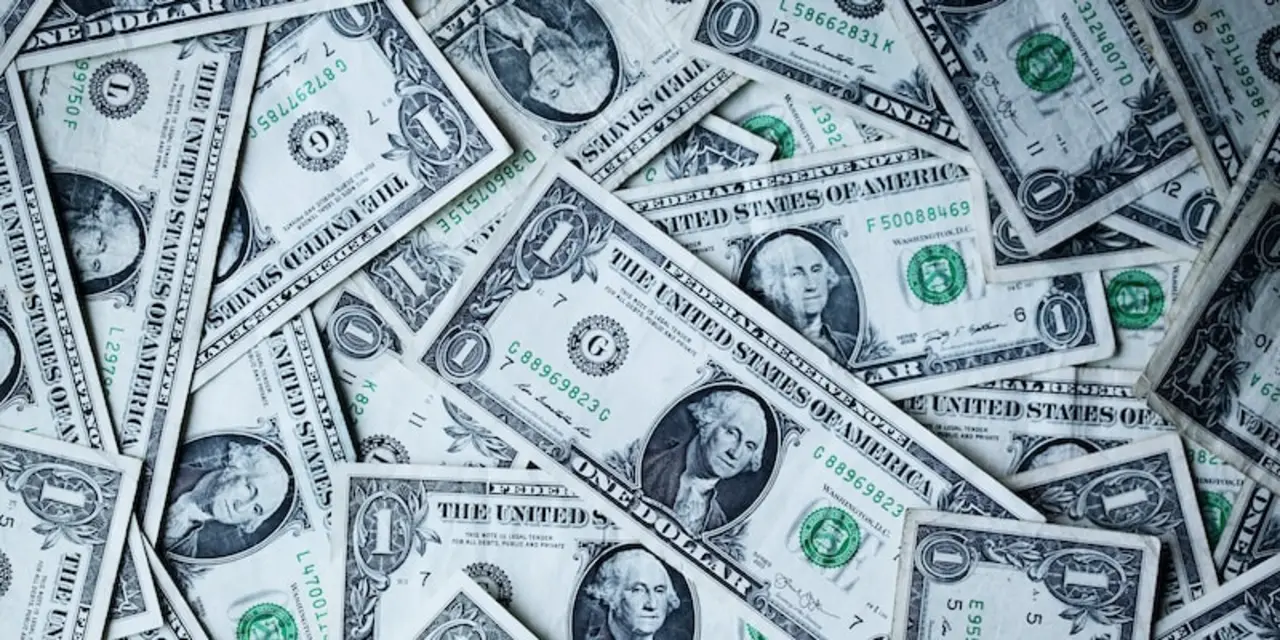When the economy slows down, interest rates tend to go down as well. This is because central banks, such as the Federal Reserve in the United States, will lower interest rates in order to stimulate the economy. Lowering interest rates makes it cheaper for businesses to borrow money, which can help to fuel economic growth. Lower interest rates also tend to make it easier for consumers to borrow money, which can help to increase spending and stimulate the economy. The opposite is true when the economy is doing well; interest rates tend to go up as central banks try to prevent the economy from overheating.
What happens to interest rates when the economy slows down?

Is the interest rate going to go up above 5.5%?

The interest rate has been hovering around 5.5% for some time, but many economists are predicting it will begin to rise soon. With the US economy continuing to grow and the Federal Reserve looking to tighten monetary policy, it's likely that the rate will start to move up. However, it's impossible to predict exactly where it will end up, as there are many factors that can affect the interest rate. The good news is that there are still ways to protect yourself from any potential increases, such as shopping around for the best interest rates and locking in a fixed rate mortgage. Ultimately, the only way to know for sure if the rate will go up is to stay informed and be ready to adjust your financial plans accordingly.
Why does inflation (in the economy) exist, and who controls it?

Inflation is an unavoidable part of life in any economy, but it doesn't have to spiral out of control. Inflation is the rise in prices of goods and services over a period of time, and is usually caused by an increase in the money supply. Inflation is controlled by central banks, which use monetary policy to manage the money supply and set interest rates to keep inflation within a target range. Inflation can be good or bad depending on the situation, but it's always important to keep it under control. If inflation becomes too high, it can cause economic instability, which can lead to recession or even depression. By controlling inflation, central banks can help ensure that prices don't rise too quickly, allowing the economy to stay stable and healthy.
How valuable is a college degree in today's economy?

In today's economy, a college degree is an invaluable asset. It can be the difference between getting a job that pays a livable wage and being unable to find work. Earning a college degree is not only an investment in the future, but it also provides a wealth of knowledge and experience that can be applied to any job. College degrees also provide networking opportunities, giving graduates access to a wide range of potential employers and career paths. In short, a college degree is a great way to get ahead in the current job market and ensure a successful career.
Is it true that Trump has helped make the economy better?

Donald Trump's presidency has been marked by claims that he has improved the economy. While his policies have been credited with stimulating growth, there is debate over whether his economic policies have been beneficial. Some analysts believe his tax cuts have helped businesses and incentivized investment, while others point out that the growth has been largely due to the Obama-era policies Trump inherited. Additionally, Trump's tariffs and immigration policies have been criticized as harmful to the economy. Ultimately, it is difficult to determine if Trump's economic policies have been beneficial or detrimental to the economy.